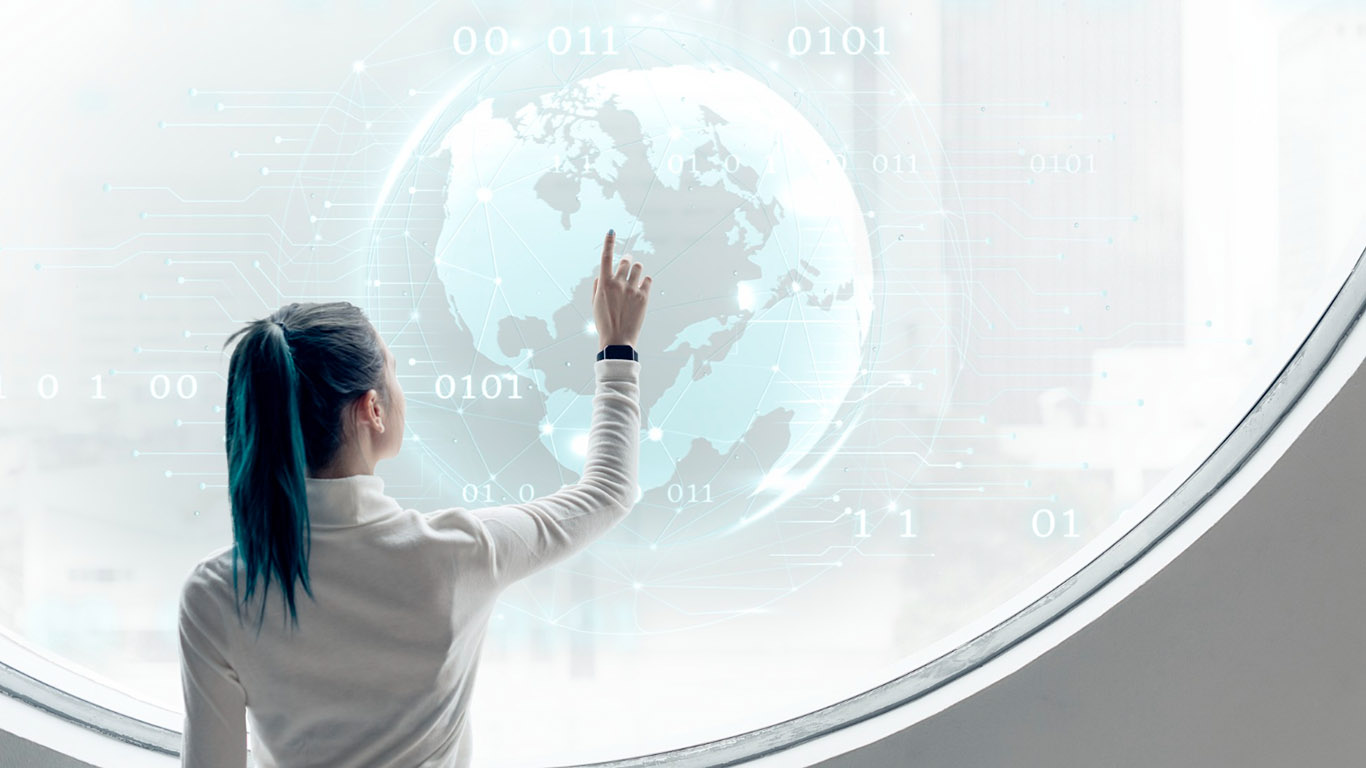The rapid advancement of technology has ushered in a new era—one where the lines between the physical and digital worlds are increasingly blurred. From artificial intelligence to blockchain, and from virtual reality to the Internet of Things, emerging technologies are not only transforming industries but also redefining the way we live, work, and interact. As we stand at the edge of the digital frontier, it’s clear that this technological revolution is reshaping our world in profound and lasting ways.
Artificial Intelligence: Smarter Decisions, Faster Results
Artificial Intelligence (AI) is arguably the most transformative force in today’s digital age. AI systems can analyze vast amounts of data in real time, make predictions, and even learn from experience. From personalized recommendations on streaming platforms to intelligent virtual assistants and AI-powered diagnostics in healthcare, the technology is improving efficiency and decision-making across sectors.
In business, AI is streamlining operations and enhancing customer service through chatbots and automation. In healthcare, it’s aiding early detection of diseases, optimizing treatment plans, and assisting in drug discovery. As AI continues to evolve, ethical considerations around privacy, bias, and job displacement are also becoming central to discussions about its responsible use.
Blockchain: Trust in a Trustless World
Blockchain technology, most commonly associated with cryptocurrencies like Bitcoin, is proving to be more than just a financial innovation. At its core, blockchain is a decentralized and transparent ledger system that allows for secure, verifiable transactions without intermediaries.
Its applications are expanding into areas such as supply chain management, where it ensures product authenticity and traceability; digital identity verification, which can enhance privacy and security; and smart contracts, which automate and enforce agreements. By enabling secure and tamper-proof records, blockchain has the potential to revolutionize how we build trust in a digital world.
The Internet of Things (IoT): A More Connected Life
The Internet of Things refers to the growing network of connected devices—from smart thermostats and wearable fitness trackers to industrial sensors and autonomous vehicles. These devices collect and share data, creating a seamlessly connected ecosystem that responds intelligently to users’ needs.
In homes, IoT is making life more convenient and energy-efficient. In cities, smart infrastructure is helping manage traffic, reduce energy use, and enhance public safety. In agriculture, connected sensors monitor soil conditions and optimize irrigation. As more devices become interconnected, concerns about data security and system vulnerability must also be addressed.
Virtual and Augmented Reality: Redefining Experiences
Virtual Reality (VR) and Augmented Reality (AR) are changing how we interact with digital content. VR immerses users in fully simulated environments, while AR overlays digital information onto the real world. These technologies are already making waves in gaming and entertainment, but their impact extends far beyond.
In education, VR can transport students to historical events or distant planets, enhancing engagement and understanding. In healthcare, surgeons are using AR to assist in complex procedures. In retail, AR allows consumers to visualize products in their homes before making a purchase. As these technologies become more accessible, they will continue to transform learning, work, and play.
Shaping the Future Responsibly
While these emerging technologies offer tremendous promise, they also come with significant challenges. Issues such as data privacy, cybersecurity, ethical AI, and the digital divide must be thoughtfully addressed to ensure that the benefits of innovation are shared equitably.
Governments, companies, and individuals all have roles to play in shaping a future where technology serves humanity. Investing in digital literacy, creating inclusive policies, and fostering innovation with accountability are essential steps in navigating this rapidly evolving landscape.
Conclusion
The digital frontier is not a distant horizon—it is here, unfolding every day in ways both visible and subtle. Emerging technologies are revolutionizing every facet of our lives, from how we communicate and learn to how we work and heal. As we explore this new world, embracing innovation with curiosity, responsibility, and a human-centered approach will be key to ensuring that technology continues to be a force for good.
